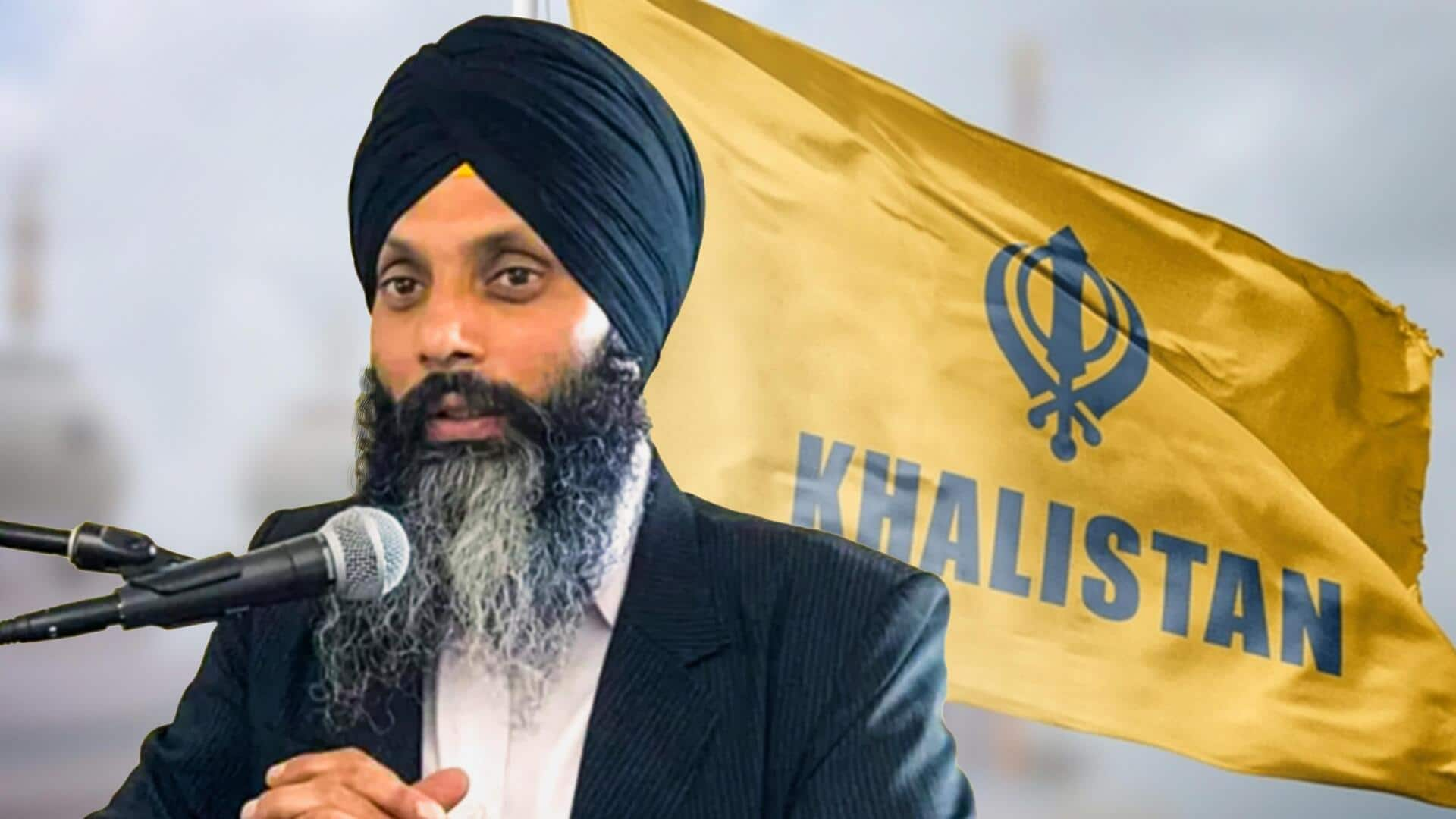
Fabricated: India denies sending 'secret memo' to consulates against Khalistanis
What's the story
The Ministry of External Affairs (MEA) has debunked a media report alleging it sent a "secret memo" to Indian embassies across North America, directing action against Khalistani terrorists, including the slain separatist Hardeep Singh Nijjar. The ministry's spokesperson, Arindam Bagchi, labeled the report as "fake" and "completely fabricated," accusing the media outlet of spreading "fake narratives peddled by Pakistani intelligence." He emphasized the report was part of an ongoing disinformation campaign targeting India amid the diplomatic row with Canada.
Context
Why does this story matter?
The report comes after the Financial Times created a stir last month, claiming the United States (US) foiled an assassination plot—allegedly by Indian agents—that targeted another Khalistani terrorist Gurpatwant Singh Pannun on American soil. Back in September, Canadian Prime Minister Justin Trudeau claimed that Indian government agents were involved in the murder of Nijjar in Surrey in June. Meanwhile, Federal Bureau of Investigation (FBI) chief Christopher Wray is expected to visit India this week amid the Pannun assassination plot probe.
Statement
Propagating fake narratives peddled by Pakistani intelligence: Bagchi
Bagchi called the report "fake" and "completely fabricated," adding that there was no such memo. "This is part of a sustained disinformation campaign against India. The outlet in question is known for propagating fake narratives peddled by Pakistani intelligence," he said in a statement. "The posts of the (report) authors confirm this linkage. Those who amplify such fake news only do so at the cost of their credibility," he added.
Details
Alleged memo against Khalistanis sent before Nijjar's killing: Report
US-based publication The Intercept has claimed that a purported memo was sent by the MEA to embassies in North America in April. It claimed the memo ordered a "sophisticated crackdown scheme" against Khalistani terrorists, including Nijjar, two months before he was killed in Surrey, Canada. The alleged memo named several Khalistani terrorists being investigated by Indian agencies. Nijjar, declared a terrorist by India in 2020, led the banned Khalistan Tiger Force and was fatally shot outside a gurdwara in Surrey.
What Next?
Diplomatic spat between India and Canada
Nijjar's death led to the ongoing diplomatic dispute between India and Canada in September when Trudeau suggested that "Indian government agents" were connected to his killing. India dismissed Canada's claims and sought evidence to back up its allegations. Subsequently, both countries expelled each other's diplomats. India also suspended visa services for Canadian nationals, but resumed e-visa services last month. However, after several secret back-channel diplomatic talks, the relationship reportedly seems to be on a path of improvement.